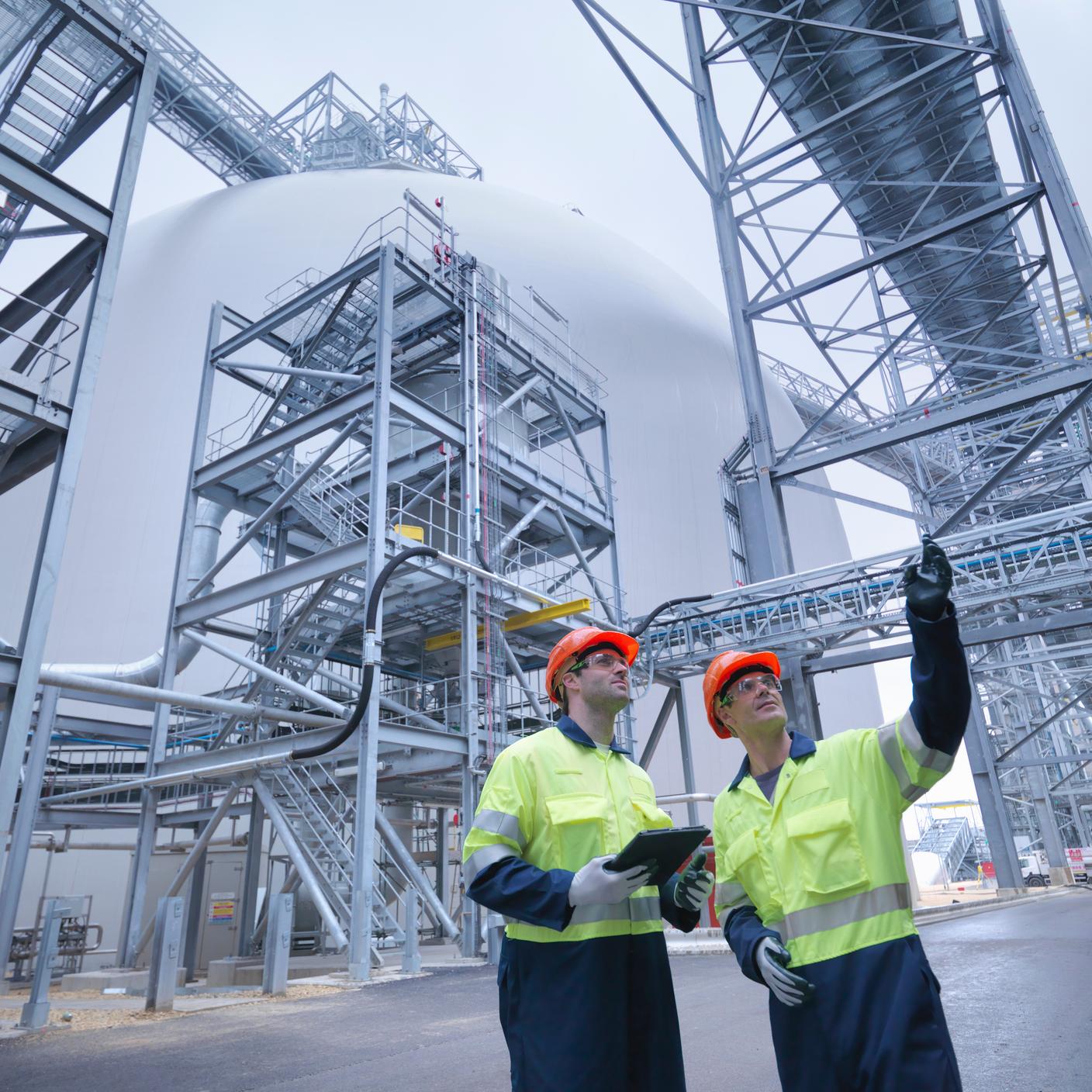In a world increasingly conscious of the need for environmental responsibility, the oil and gas industry (O&G) finds itself at a critical juncture. As the demand for cleaner and more efficient energy solutions intensifies, O&G companies are embracing a transformative journey towards sustainable technologies.
The O&G industry knows it is more than just energy—it is about taking care of Earth's resources for a brighter tomorrow. This understanding drives O&G companies to lead the way in eight key areas, changing how they work and shrinking their environmental impact. These paths, guided by sustainability and efficiency, mark a huge move toward a better energy future.
Let's check them out.
1. Data-driven efficiencies
Data analytics is changing how O&G works. When companies use data systems well, they discover valuable insights that make operations smoother. This leads to impressive profits and helps the environment by cutting waste, accidents, and holdups.
2. Water wisdom for a sustainable future
O&G companies are using less fresh water and improving how they recycle water. This helps the environment by reducing their impact. They are also trying new ways to clean water without chemicals, which is good for sustainability and keeps water valuable.
3. Tackling methane emissions
Dealing with methane leaks is a win-win; it's good for the environment and saves money. Using new technologies, O&G companies are actively reducing methane emissions. This not only helps the environment but also creates a cost-effective way to make significant changes.
4. Transforming waste into fuel
A new way of handling waste is becoming popular. Small refineries are cleverly turning used oil into useful diesel fuel. This modern approach helps with daily work and offers an eco-friendly option instead of the usual disposal methods.
5. Efficiency revolutions
Innovative technologies are bringing in a time of better operations. Ultrasound tech and smart improvements add up to a much smaller impact on the environment.
6. The rise of digital oilfields
The digital revolution is changing the O&G industry with the "digital oilfield." Using cloud tech and big data, real-time monitoring and analysis make decisions safer and more sustainable, reshaping how the industry works.
7. Venturing into renewable energies
Wind and solar energy are changing energy and becoming important for O&G companies. They're investing more in clean energy, making them important in the renewable energy field.
8. Biofuel breakthroughs
Biofuel production advances and technology promises increased output. Visionary companies are initiating biofuel projects, paving the path for a sustainable and renewable biofuel sector. In a shifting world, true change is driven by sustainability and efficiency, not mere words.
By embracing these eight avenues of sustainable technology, the O&G industry pioneers a brighter future.
Pioneering progress through collaboration
The progress made in these eight areas isn't just about individual accomplishments; they are like important steps in a bigger effort to take care of the environment. Just like using data better, being careful with water, and turning waste into fuel show that each is a success, they also work together like a journey of improvement.
These impressive efforts show the O&G industry is lighting up a way to a future where energy and sustainability are connected, setting a model for other industries.
In a world trying to solve its problems, the O&G industry is like a guide, proving that new ideas, working together, and the pursuit of standards are the foundations of a brighter tomorrow.
Setting the standard
Standards act as the linchpin in this transformation. They provide a shared language that brings different efforts together, ensuring that the goal of sustainability remains steady and coordinated. By sticking to strict industry standards, O&G companies show their dedication to responsible actions, creating an environment where new ideas can thrive while taking care of the environment.
In the bigger picture of the O&G industry's growth, these sustainable technologies aren't just tools of change; they represent a common vision for a world that values responsibility and efficiency.
Every step taken and every new idea embraced is a promise for a future where energy is cleaner, operations are more efficient, and collaboration knows no limits.
As the O&G industry embarks on its inspiring journey towards sustainable technologies, it understands that teamwork and industry standards will be its guiding principle.





